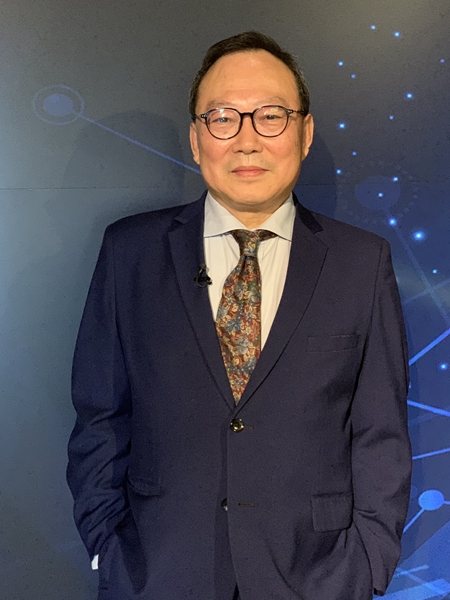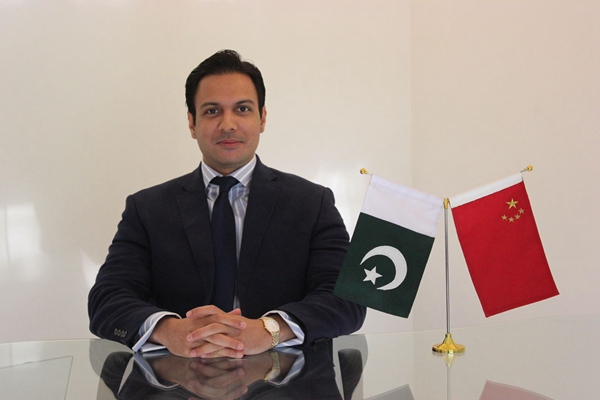Experts call for int'l cooperation, coordination to offset economic impact of COVID-19
At a think tank webinar held Monday, international experts called for countries across the world to cooperate and coordinate their actions to counteract the economic fallout of the coronavirus pandemic that has affected the lives of millions of people.

Wang Wen, executive dean of Chongyang Institute for Financial Studies at Renmin University of China, said the economic disruption caused by the pandemic could be more serious than that of the 2008 financial crisis.
He urged countries around the world to stand united in preventing not only the virus but also an economic depression.
Wang said that, as the pandemic continues across the world, globalization is in shock and the world economy will likely fall into a great depression like in the 1930s. "In the first quarter of 2020, the global cross border flow of people, materials, and capitals has been reduced by about 50%," he said.
This month, the Organization for Economic Co-Operation and Development lowered its global economic growth forecast for 2020 from 2.9% projected before the pandemic to 2.4% now, and also slashed its growth forecast for G20 from 3.2% to 2.7%.

Li Yong, deputy chair of the Expert Committee of China Association of International Trade, said the world is facing a situation that "we have never experienced in the century," and that the situation is getting worse.
"We can erase the virus to zero through global health cooperation, but our economies can't," said Li. "We need coordination in fiscal policies, monetary policies to make sure that the financial system is stable and healthy."
He emphasized that confidence can only be regained with financial stability and robust growth of the economy, and disruption to trade and the global supply chain should be minimized through creating more opportunities.

Mustafa Sayed, executive director of the Pakistan-China Institute, said that the fact that the Chinese people and also the large enterprises became united to confront this crisis is something that we all need to learn from.
"What we did not factor in was a great responsibility that comes with globalization. And that is a very important missing link, which is now evident to us today," he said. "It also means that we have to exercise great responsibility."
The two-hour video conference was sponsored by the China International Publishing Group, and was jointly organized by the Academy of Contemporary China and World Studies, China.org.cn, China Today and Bosheng International Cultural Communication Co., Ltd.








Go to Forum >>0 Comments